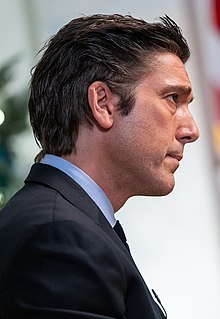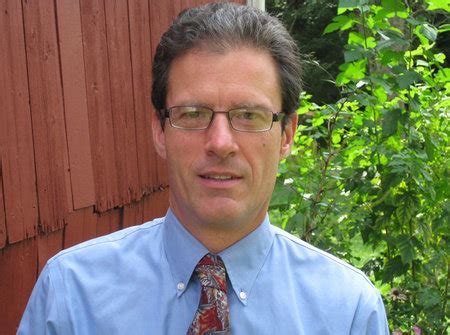A Quote by Samantha Power
We know that often holding those who have carried out mass atrocities accountable is at times our best tool to prevent future atrocities.
Related Quotes
Supporters of the war are constantly asking those who oppose it: Why don't you deplore the wrongs and atrocities committed by the other side? The answer, so far as I am concerned, is that I do deplore the wrongs and atrocities committed by the other side. But I am responsible for the wrongs and atrocities committed by our side. And I am no longer able to participate in the assumption that atrocities committed by remote control are less objectionable than those committed at arm's length. I am most concerned with American obstacles to peace because I am an American.
We hear from time to time about horrible human rights atrocities happening around the globe. Our government claims that it stands in favor of human rights, and our leaders are in the news demanding consequences for other countries that are abusing their populations. But there is a huge denial about how widespread and common these kinds of atrocities are in the United States, and that we are not nearly as different from other countries as we would like to believe we are.
From our best qualities come our worst. From our urge to pull together comes our tendency to tear each other apart. From our devotion to a higher good comes our propensity to the foulest atrocities. From our commitment to ideals comes our excuse to hate. Since the beginning of history, we have been blinded by evil's ability to don a selfless disguise. We have failed to see that our finest qualities often lead us to the actions we most abhor, murder, torture, genocide and war.
In the late 1990s, some of the worst terrorist atrocities in the world were what the Turkish government itself called state terror, namely massive atrocities, 80 percent of the arms coming from the United States, millions of refugees, tens of thousands of people killed, hideous repression, that's international terror, and we can go on and on.

































